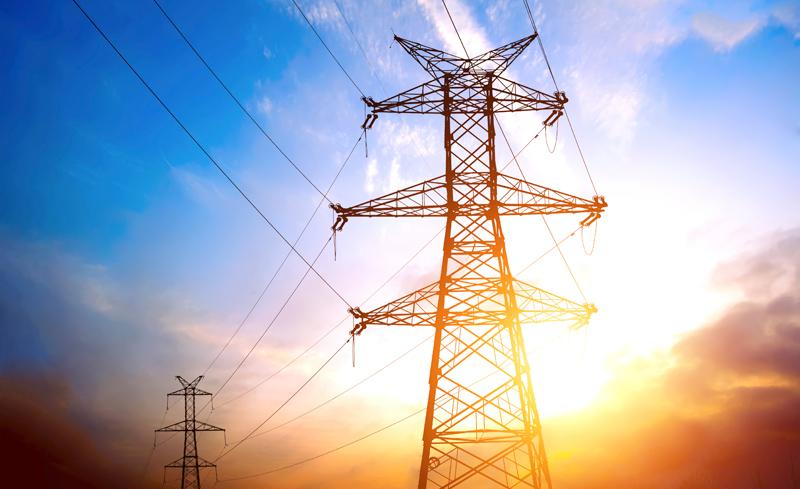
The government is planning to introduce energy pricing reforms this year with plans to obtain cabinet approval for automatic pricing for fuel and electricity by March and September, respectively, the Business Observer learns. The Staff Report released by the International Monetary Fund (IMF) recently following the third review under the Extended Fund Facility (EFF) states that the targeted dates for the introduction of automatic pricing for both fuel and electricity have been extended with a view to ensure transparency through public consultation and education.
 “The first step focuses on increasing transparency: a report outlining the cost of Non-Commercial Obligations (NCOs) for fuel and electricity was completed with delay, and the establishment of a Bulk Supply Transactions Account is expected by March 2018 to enhance transparency of electricity NCOs,” the report stated noting that the time frames were its structural benchmarks.
“The first step focuses on increasing transparency: a report outlining the cost of Non-Commercial Obligations (NCOs) for fuel and electricity was completed with delay, and the establishment of a Bulk Supply Transactions Account is expected by March 2018 to enhance transparency of electricity NCOs,” the report stated noting that the time frames were its structural benchmarks.
It added that the second step sets at zero, a new IT (ceiling) on uncompensated cost of fuel and electricity non-commercial obligations, (i.e. cost of NCOs minus government transfers) for 2018, which will encourage the authorities to recognize the quasi-fiscal subsidies as above-the-line government spending and incentivize cost-reflective pricing. Finally, cabinet will approve automatic pricing mechanisms for fuel by March 2018 and for electricity by September 2018,” the report outlined.
Fuel prices and electricity tariffs are publicly administered in Sri Lanka and have been predominantly fixed since 2015. Because of this, the Ceylon Electricity Board and Ceylon Petroleum Corporation, dominant state-owned suppliers of electricity and fuel in Sri Lanka, have been occasionally tasked with supplying electricity and fuel at prices below cost-recovery levels. This is referred to as non-commercial obligations (NCOs).
According to the IMF, automatic pricing mechanisms will ensure retail prices above cost-recovery levels and improved financial positions of both Ceylon Petroleum Corporation and Ceylon Electricity Board capable of covering debt service.
“Although the authorities have the capacity to design and implement automatic fuel and electricity prices, political sensitivity has hampered progress in this reform area. The reform sequencing has been recalibrated to allow time for public consultation and education. As the first step, a report on the cost of non-commercial obligations for fuel and electricity was completed and published as an annex to the 2018 budget,” the report emphasized.
The report pointed out that although the cost of NCOs, equivalent to quasi-fiscal energy subsidies, should in principle be compensated by on-budget government transfers to CEB and CPC, this has not been the case in Sri Lanka in the past. The losses of CEB and CPC were financed by bank loans, resulting in large debt (CPC) or equity injections by the government (CEB).
“Adoption of automatic pricing mechanisms for fuel and electricity - envisaged by March and September 2018, respectively - would effectively eliminate the NCOs. In the absence of pricing mechanisms, however, recording the cost of NCOs explicitly as on-budget spending enhances transparency and motivates public debate on adjustments in fuel and electricity prices,” the report added.
